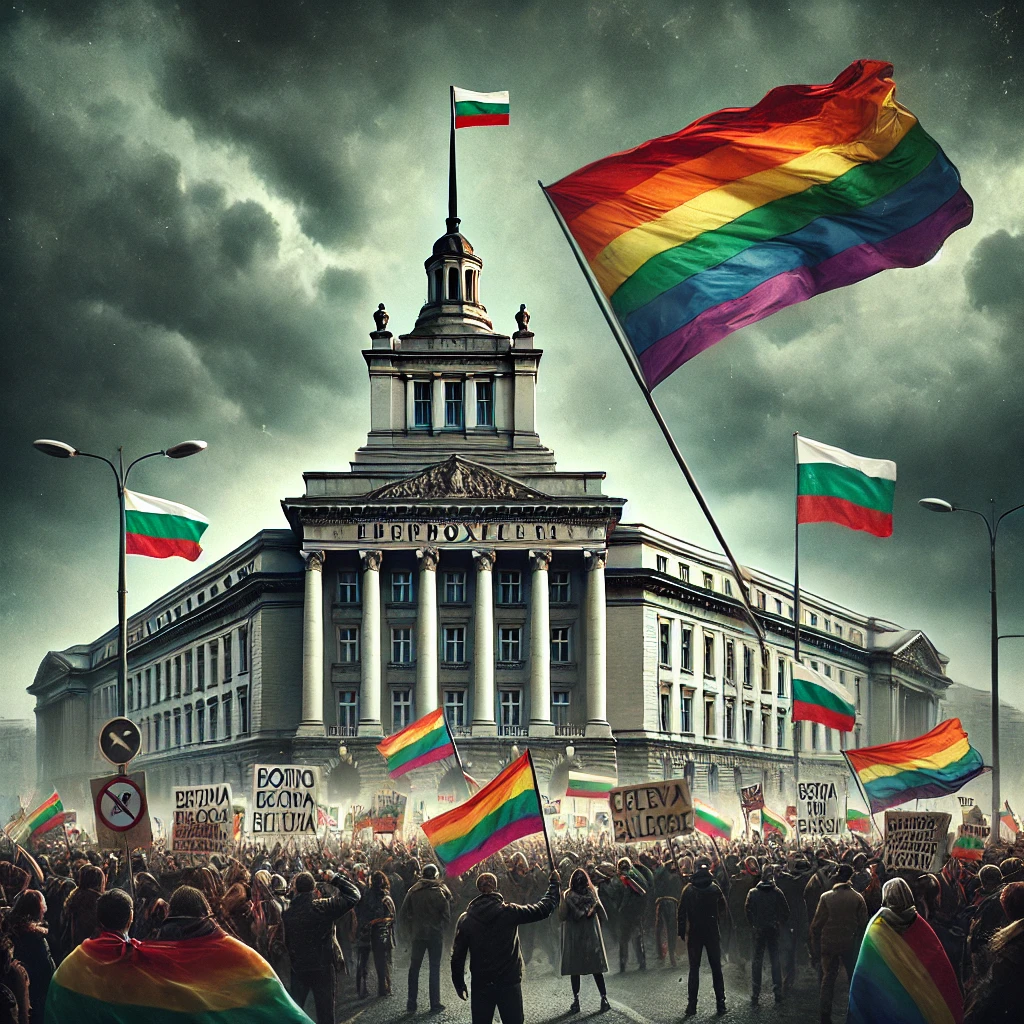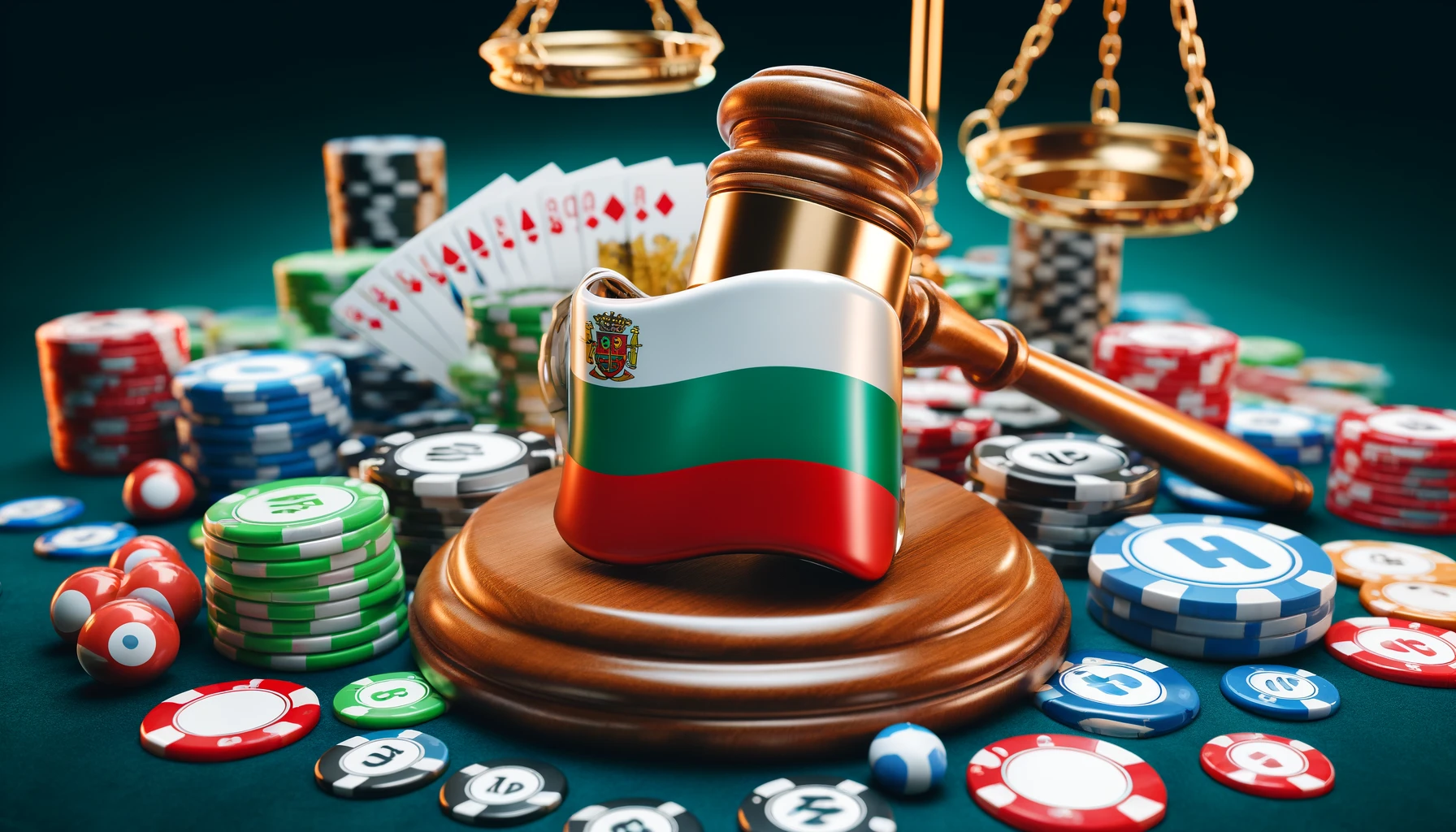Bulgaria has officially enacted a highly controversial law banning LGBTQ+ “propaganda” in schools, a move that has triggered widespread condemnation from human rights groups and prompted calls for immediate action from the European Union. The law, published on Friday, has been at the centre of heated debates and protests since its introduction by the far-right, pro-Russian Revival Party. The Bulgarian President, Rumen Radev, chose not to veto the bill, allowing it to pass into law despite fierce opposition.
The new legislation, which amends Bulgaria’s education code, was unexpectedly supported by some pro-European Union parties, adding to the controversy. The amendment prohibits the “propaganda, promotion, or incitement” of LGBTQ+ “ideas and views” within the educational system. However, the vague language of the law has raised concerns about how it will be interpreted and enforced, as it does not provide specific details on what constitutes prohibited content.
Following its passage in Parliament on August 7, the law has ignited protests across the country. Demonstrations have been particularly intense outside the presidential palace, where opponents of the legislation have gathered to voice their concerns. Activists argue that this law is not only a Bulgarian issue but represents a broader threat, likening it to similar anti-LGBTQ+ laws in Russia. Rémy Bonny, Executive Director of Forbidden Colours, a prominent LGBTQ+ rights organisation, stated, “This law is a Russian law that has found its way into the heart of Europe.” He urged the European Commission to hold Bulgaria accountable for its actions.
High-profile members of the European Parliament’s LGBTI Intergroup have also taken a stand against the new legislation. Last week, the group’s co-presidents, Kim van Sparrentak from the Netherlands and Marc Angel from Luxembourg, wrote to European Commission President Ursula von der Leyen and Equality Commissioner Helena Dalli. In their letter, they described the law as a “direct assault on the LGBTIQ+ community — particularly children.” They expressed deep concern that such “anti-propaganda” bills contribute to creating a hostile environment where LGBTIQ+ children face increased risks of bullying, harassment, and health-related issues.
In response to these concerns, the European Commission confirmed that Helena Dalli had sent a letter to Bulgarian Education and Science Minister Galin Tsokov on August 13, seeking clarification on the new legislation. A Commission spokesperson reiterated the EU’s commitment to combating discrimination and upholding the rights of LGBTIQ+ individuals, as outlined in the LGBTIQ Equality Strategy of November 2020.
Human rights organisations across Europe, including Action, Buditelkite, LevFem, and Feminist Mobilisations, have been vocal in their opposition to the law. A petition urging President Radev to veto the amendment garnered around 7,000 signatures, and academics have penned an open letter demanding the same. However, the law’s proponents, including Kostadin Kostadinov, chairman of the Revival Party, have hailed it as a “historic breakthrough,” arguing that “LGBT propaganda is anti-human and won’t be accepted in Bulgaria.”
Bulgaria’s stance on LGBTQ+ rights is increasingly seen as a step backward in comparison to other EU countries. The nation, which does not recognise same-sex marriage and has not ratified the Istanbul Convention to combat violence against women, was ranked third-worst in the EU for LGBTQ+ rights protections in 2024 by the advocacy group ILGA-Europe. Only Romania and Poland received lower rankings, highlighting Bulgaria’s significant lag in ensuring LGBTQ+ rights.
This legislation mirrors similar laws passed in Russia, Hungary, and more recently in Turkey, which have been widely criticised for infringing on LGBTQ+ rights. The nation, which does not recognise same-sex marriage and has not ratified the Istanbul Convention to combat violence against women, was ranked third-worst in the EU for LGBTQ+ rights protections in 2024 by the advocacy group ILGA-Europe. Only Romania and Poland received lower rankings, highlighting Bulgaria’s significant lag in ensuring LGBTQ+ rights.
This legislation mirrors similar laws passed in Russia and Hungary in recent years, which have been widely criticised for infringing on LGBTQ+ rights. Meanwhile, Georgia has also proposed a draft law targeting the LGBTQ+ community, further indicating a troubling trend in the region.
The Bulgarian government, including the Ministry of Education, Ministry of Justice, and the prime minister’s office, has yet to respond to the mounting criticism. As the European community watches closely, the pressure on Bulgaria to align its policies with broader European values of equality and human rights continues to grow.






